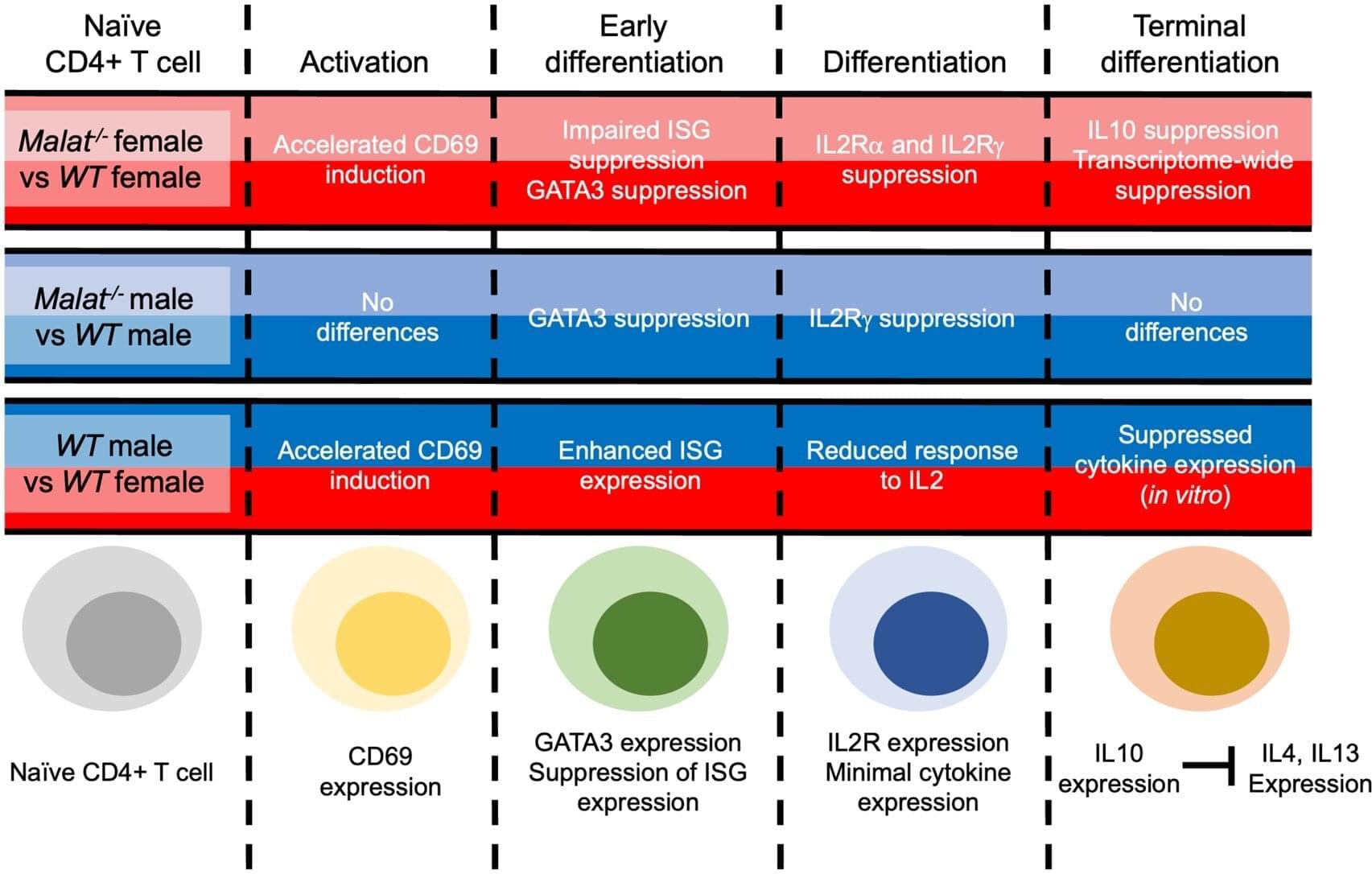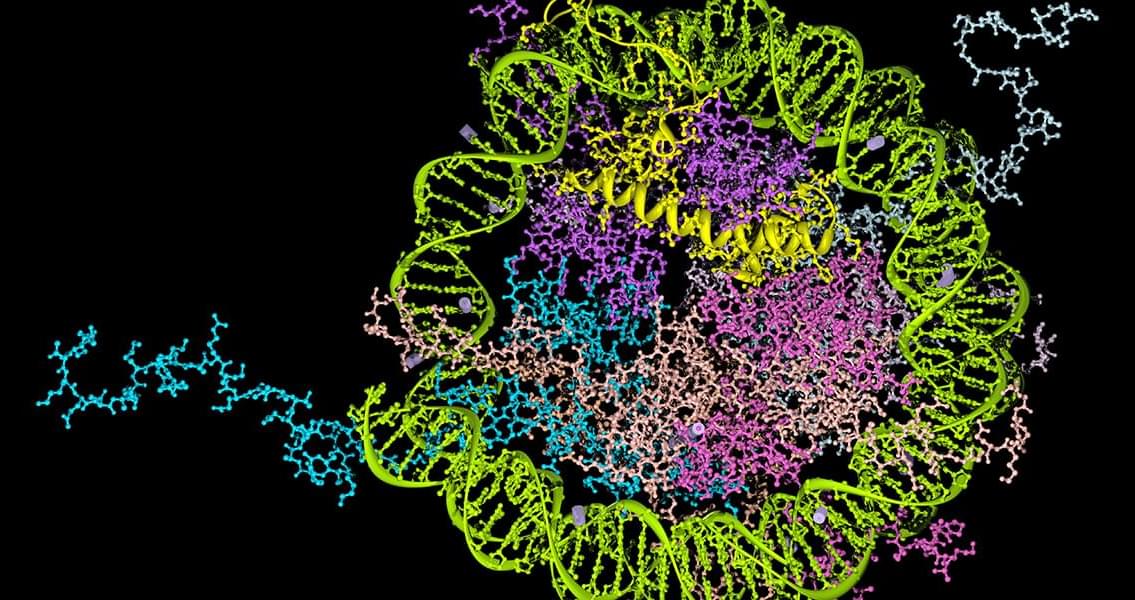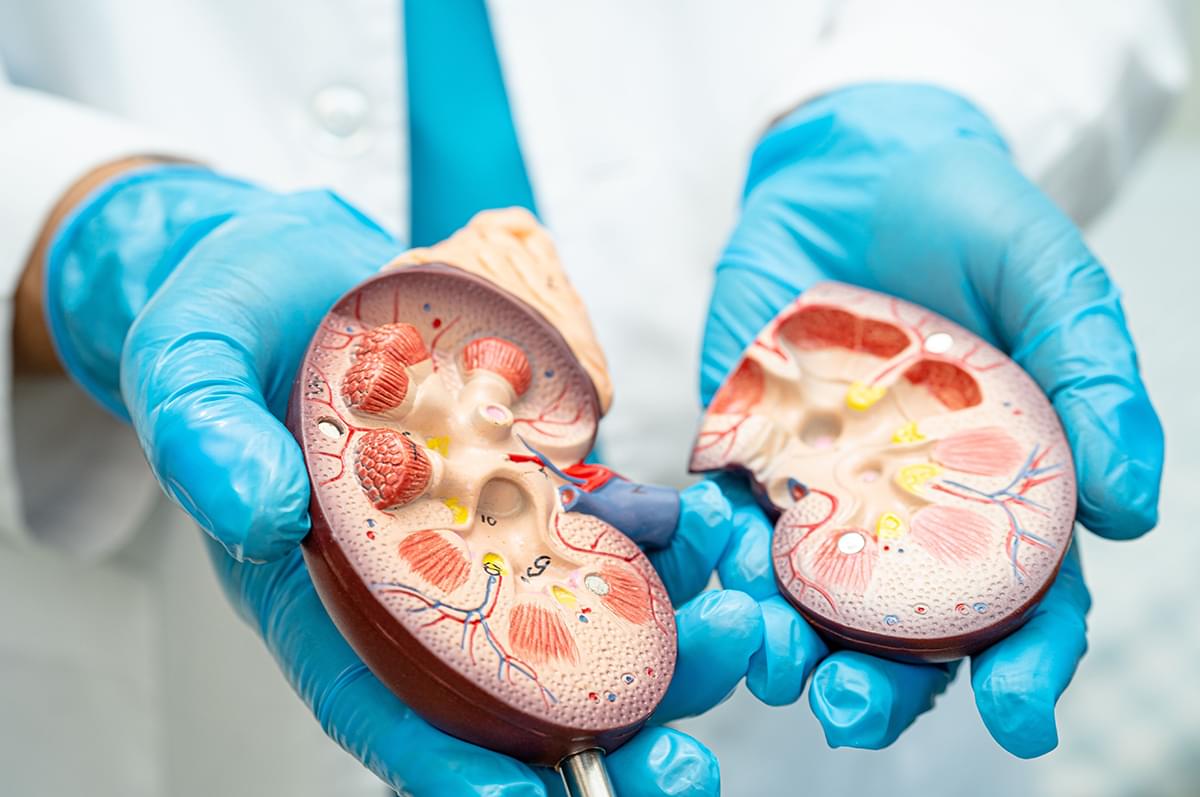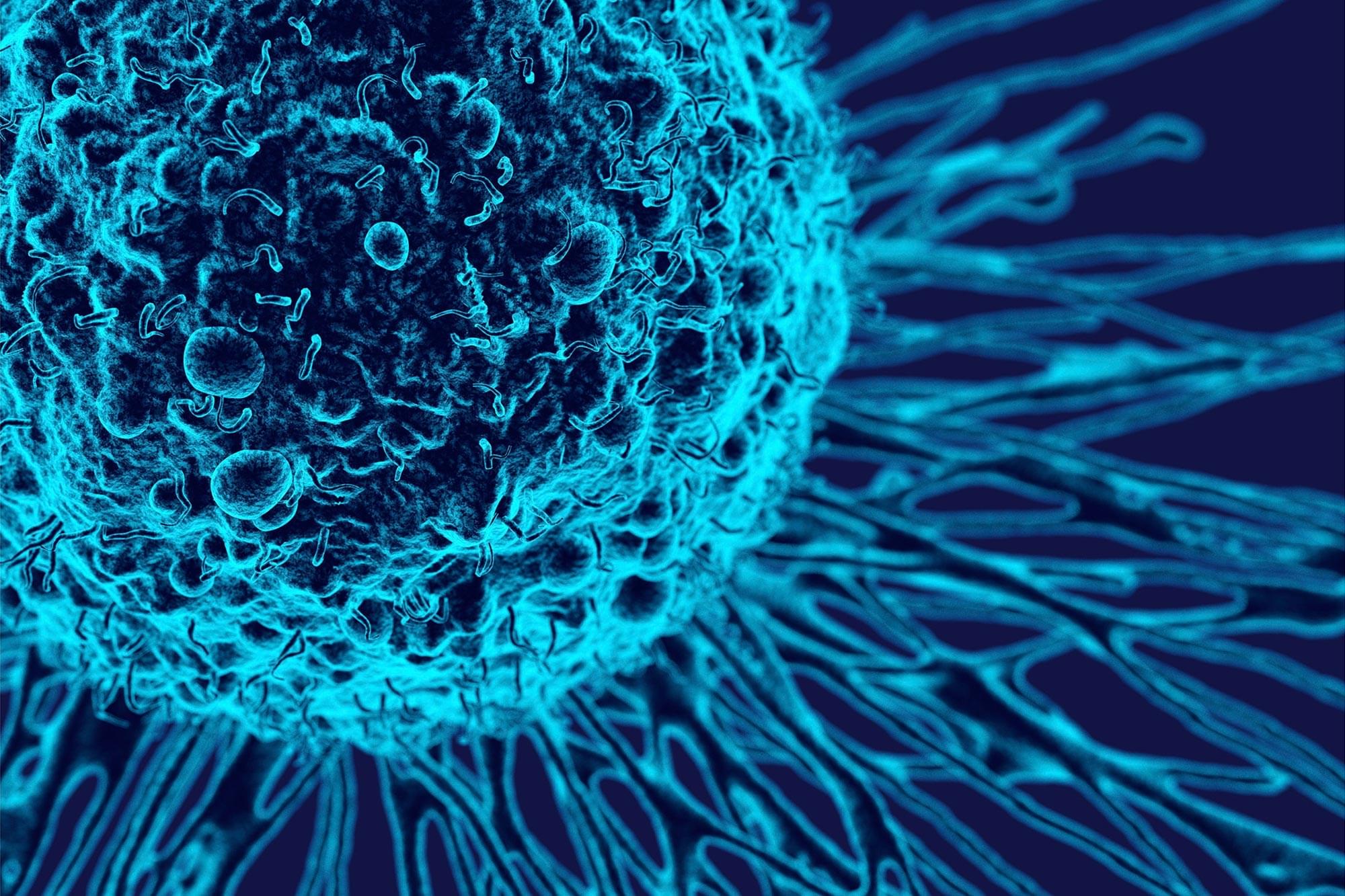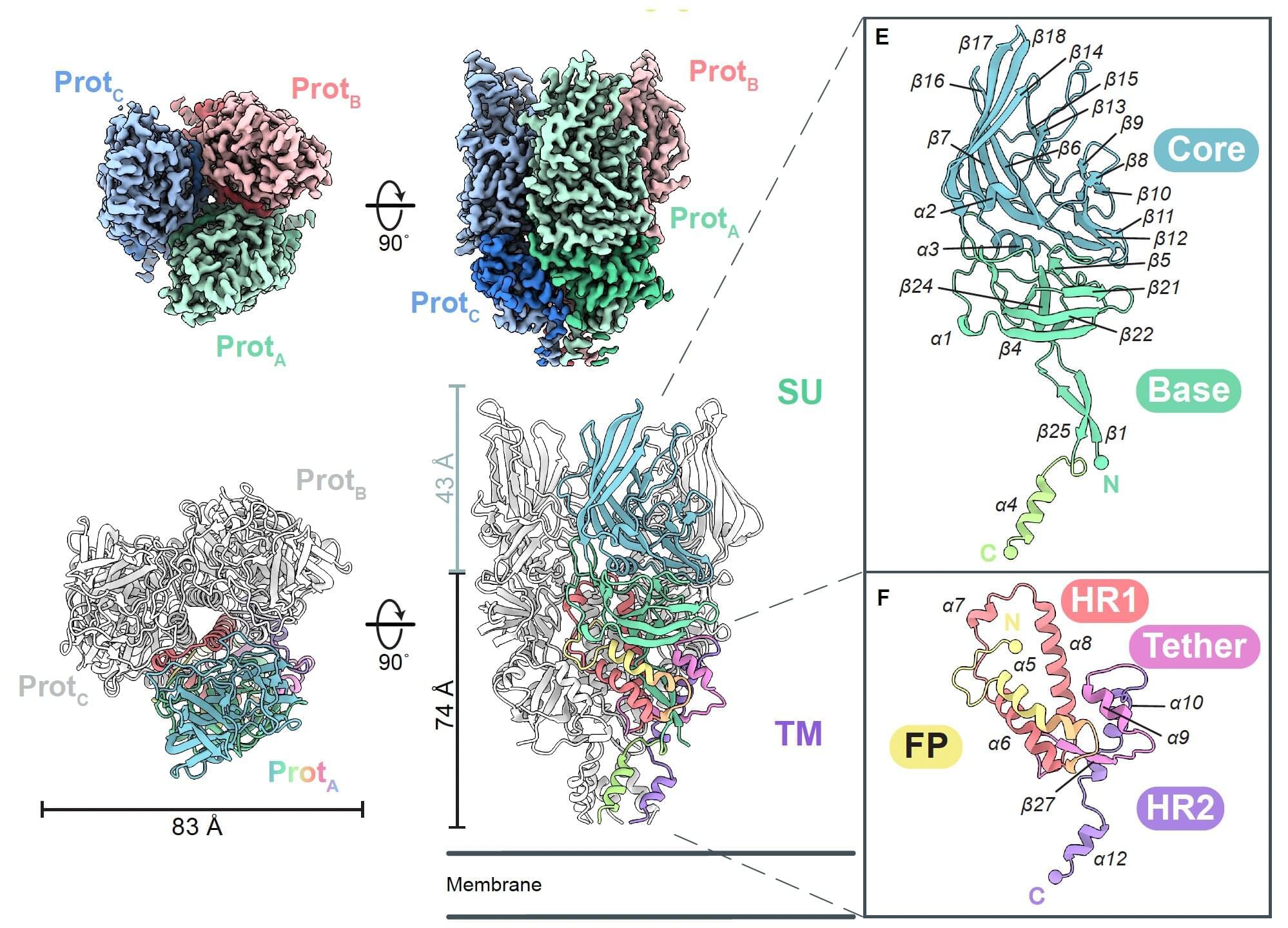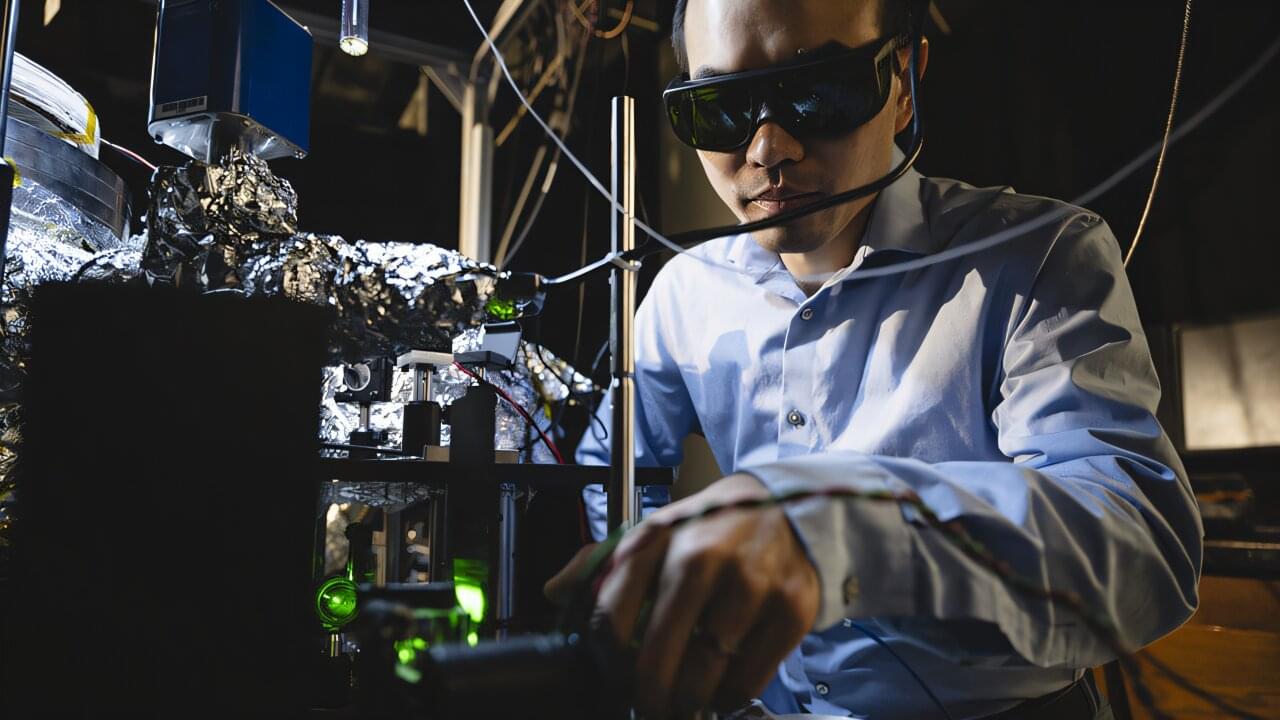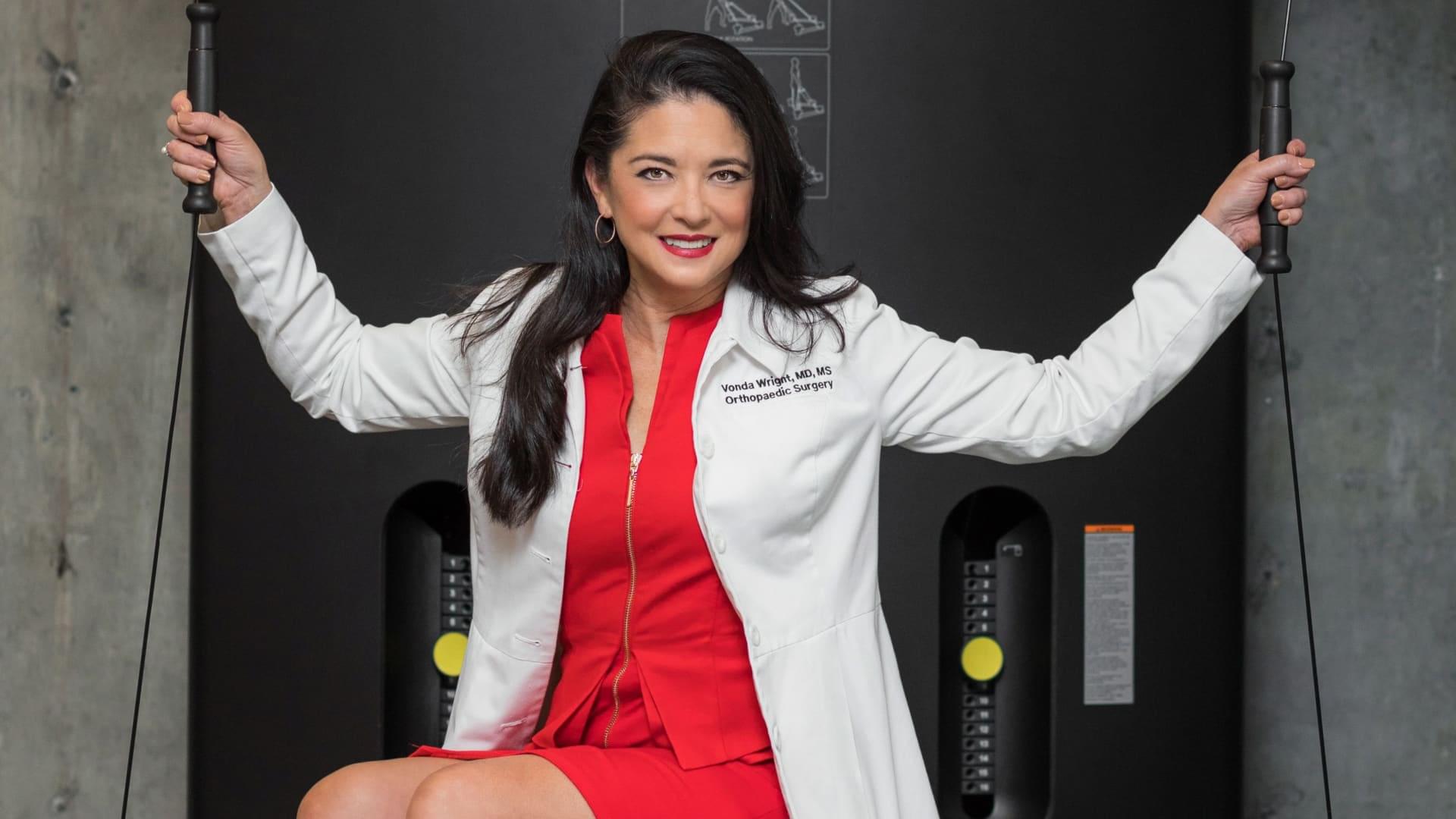A new study by researchers at Baylor College of Medicine brings hope for a more personalized approach to treating estrogen receptor-positive (ER+) breast cancer, the most common type of this cancer. The team identified a biomarker in preclinical ER+ breast cancer models that indicates that the tumor is more likely to respond to treatment with CDK4/6 inhibitors.
The findings support further clinical studies to determine whether this marker may help identify patients who could benefit from CDK4/6 inhibitors. The study appears in Science Translational Medicine.
ER+ breast cancers rely on estrogen to grow and are typically treated by endocrine therapies that block the effects of estrogen. To improve outcomes, drugs called CDK4/6 inhibitors, such as abemaciclib and ribociclib, are added to endocrine therapy to prevent relapse.

